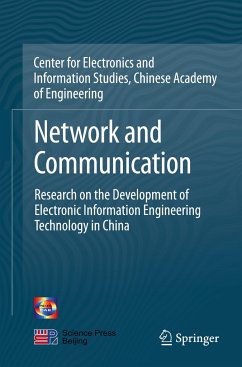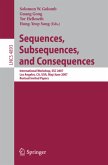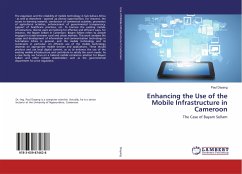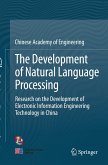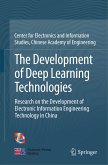Currently, there are global endeavors to integrate network information into the natural world and human society. This process will lead to marked improvements in productivity and product quality, and to new production methods and lifestyles. Further, these advances will have significant impacts, similar to those of the agricultural and industrial revolutions. At the same time, it is profoundly changing competition around the globe. Security, economic, social, military and cultural trends generate new opportunities for national development, new living spaces for humans, new fields of social governance, and new momentum for industrial upgrading and international competition. Over the next 20 years, the development of network communication technologies will focus on three-domain human-network-thing interconnections and their systematic integration into various industries and regions. This will be made possible by digitalization, networking and intellectualization, and will result inthe extended connection of human societies around the globe, and a continuously enriched and expanded network space.
This book summarizes the development of network communication, both globally and in China, as well as its future prospects from the perspectives of academia, technology and industry. Further, in the context of technology and applications, it focuses on mobile communication, data communication, and optical fiber communication. Discussing application services related to the mobile Internet, Internet of Things, edge computing and quantum communication, it highlights the latest technological advances, future trends, technologies and industry development hotspots. Lastly, it explores 15 buzzwords in the field of network communication in technology and industrial development, providing definitions, and describing the state of development of related applications.
This book summarizes the development of network communication, both globally and in China, as well as its future prospects from the perspectives of academia, technology and industry. Further, in the context of technology and applications, it focuses on mobile communication, data communication, and optical fiber communication. Discussing application services related to the mobile Internet, Internet of Things, edge computing and quantum communication, it highlights the latest technological advances, future trends, technologies and industry development hotspots. Lastly, it explores 15 buzzwords in the field of network communication in technology and industrial development, providing definitions, and describing the state of development of related applications.

